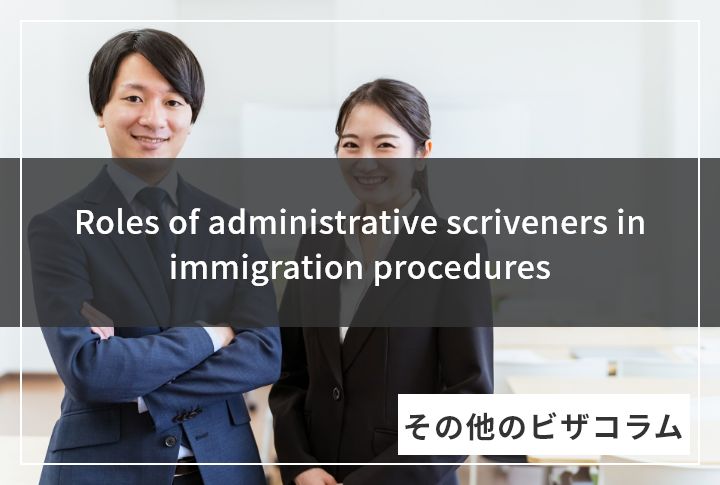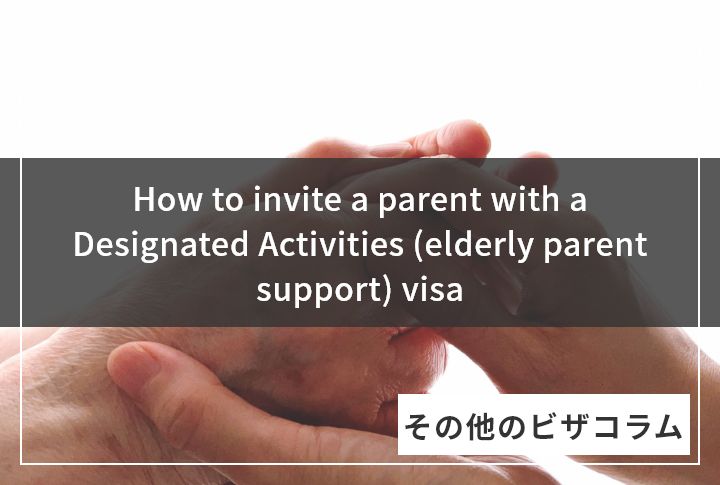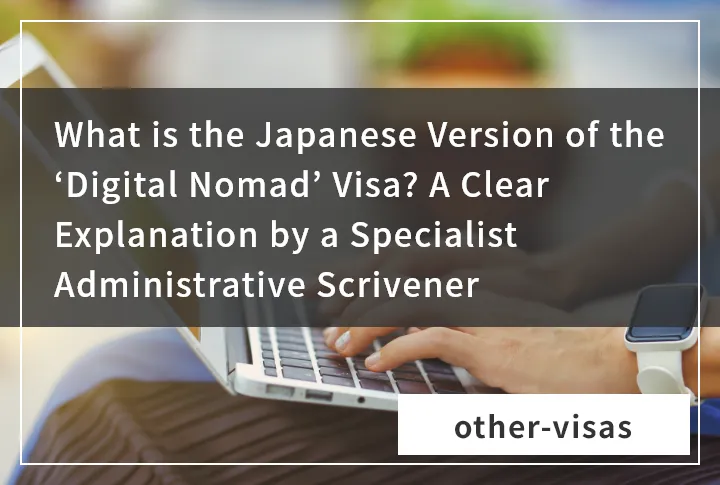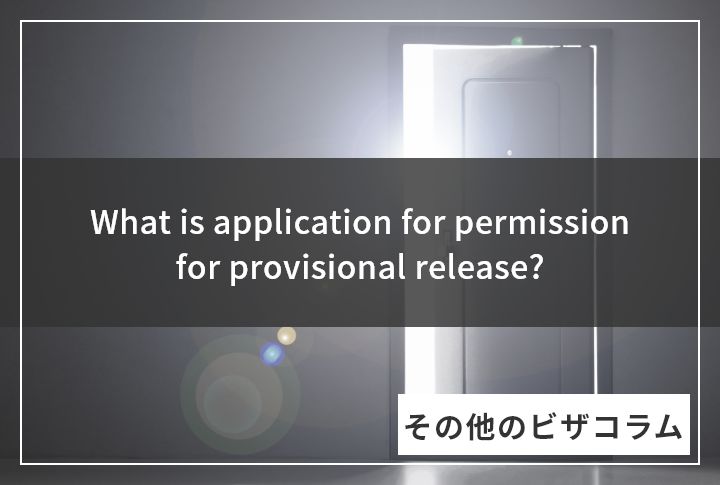Roles of administrative scriveners in immigration procedures

Generally, you need to apply at the relevant immigration office (i.e. “Regional Immigration Bureau”) if you want to marry a foreigner to live together in Japan, hire a foreigner, or invite a foreigner to Japan.
What kind of procedures are required? Who has to do the procedures? What kind of documents must to be submitted?
Even though internationalization has been going on in Japan, many of you may not even have a clue.
If you look it up on the internet, you may find that you can appoint an administrative scrivener.
Many of you, who are looking at this article, may have done the research on internet as well.
Then, what do you think are roles of administrative scriveners in the course of the immigration procedures?
In this article, let’s focus on the roles of administrative scriveners in the immigration procedures.
So, we will explain the roles of the administrative scriveners in the immigration procedures, including the roles of the administrative scriveners acting as an application intermediary.
Index
1. Roles of administrative scriveners in administrative procedures
Before looking at the roles of administrative scriveners in immigration procedures, let’s first look at the roles of administrative scriveners in overall administrative procedures.
In addition to administrative scriveners, there are lawyers, judicial scriveners, tax accountants, etc. in the field of profession called “samurai-work.” Roughly classified, lawyers handle criminal proceedings and procedures related to civil disputes, judicial scriveners handle registration procedures related to real estate and corporations, and tax accountants handle procedures related to taxes.
Then, when it comes to administrative scriveners, their duties are “preparing documents to be submitted to public offices and carrying out procedures on behalf of applicants” (There are other duties, too, but we will not explain here.).
In other words, administrative scriveners have the authority to prepare and submit documents to the government office, and their license is called an occupational license.
It is a violation of the Administrative Scriveners Law if a person other than an administrative scrivener charges fees to prepare a document to be submitted to the government office.
Therefore, even if someone other than an administrative scrivener and a lawyer tells you that he/she will undertake the immigration procedures if you pay for it, it is illegal. So please do not be in involved in such conduct.
Administrative scriveners are expected to quickly and smoothly carry out difficult and complicated administrative procedures by preparing and submitting documents on behalf of the client.
It is convenient for applicants, as well as government sides to proceed smoothly.
In other words, the administrative scriveners have the role of improving the communication of the administrative agency and the applicant by acting as a bridge between them.
2. What is an administrative scrivener acting as an application intermediary?
Immigration is one of the administrative agencies, so administrative scriveners can prepare applications and submit them to immigration bureaus. All administrative scriveners have the authority to prepare applications, but only some administrative scriveners can submit the documents to immigration bureaus.
That is the administrative scrivener acting as an application intermediary.
When an administrative scrivener wants to become able to act as an application intermediary, he/she needs to notify the director of the relevant regional immigration bureau via the administrative scrivener association of each prefecture to which he/she belongs.
It may seem that any administrative scrivener can register to act as an application intermediary, but that’s not true, and you have to undergo training related to immigration management sponsored by the Japan Federation of Certified Administrative Procedures Legal Specialists Associations and pass a test called effect measurement.
The validity period is 3 years, and administrative scriveners receive training and effect measurement every time they renew their license.
For that, administrative scriveners acting as an application intermediary must continue studying the rapidly changing immigration law, and keep practicing.
Such system helps to guarantee that administrative scriveners have knowledge necessary for immigration work.
Most of the administrative scriveners who specialize in immigration affairs are registered as an application intermediary, but there are some administrative scriveners who are not registered. (At our company, all administrative scriveners are registered as an application intermediary.)
If you appoint an administrative scrivener who is not qualified as an application intermediary, he/she can prepare application documents, but you will have to go to the immigration bureau to submit applications, so we recommend you check at first contact.
3. Administrative scriveners cannot represent applicants⁉
Then, if you appoint an administrative scrivener who is qualified as an application intermediary, does the administrative scrivener become your agent? The answer is NO.
Lawyers act as agents of clients, but administrative scriveners qualified as an application intermediary are not an application “agent” but an application “intermediary.”
Agents act on behalf of their principals, and the actions performed by agents are effective for their principals.
The Immigration Act also stipulates the right to act as an application agent for each status of residence. For example, in the case of a visa of “Spouse or Child of Japanese National,” applicant’s relatives residing in Japan are stipulated as those who are qualified to act as an application agent.
Foreigners abroad can ask their relatives in Japan to apply.
However, administrative scriveners are not stipulated as such agents in the Immigration Act.
For the application agents under the Immigration Act, please refer to “The range of application agent for visa application.”
Then, what is an intermediary? To simply put, it is a communicator.
The person who is applying for visa is the applicant or the agent of the applicant, and the administrative scrivener qualified as an application intermediary just carries application documents to immigration bureaus.
By the way, lawyers can also be registered as an application intermediary. In such case, lawyers are not an agent but an intermediary.
Whether you are a lawyer or an administrative scrivener, the current immigration system does not allow professionals to act as an application agent.
In practice, there are 2 major differences between an agent and intermediary.
First of all, if it is for the benefit of the principal, an agent can decide on his/her own to withdraw the application, etc.
On the other hand, an intermediary is just a communicator, so he/she cannot make judgement independently without confirming the intention of the applicant or the application agent.
Another point that is different is the signature of the application form.
Agents sign application forms because they apply on behalf of applicants.
On the other hand, administrative scriveners qualified as application intermediary cannot put his/her own signatures on applications, nor can he/she write applicant’s or application agent’s signatures on behalf of them.
Administrative scriveners qualified as application intermediary put their names and job seal on applications, but these are not essential parts of the applications.
4. What kind of administrative scrivener should I appoint for immigration procedures?
The immigration procedures are very important procedures because it affects the lives of foreigners.
In this article, as an expert, we will describe what kind of administrative scriveners you should appoint for immigration procedures.
1) Acting as application intermediary
As mentioned above, there are administrative scriveners who are qualified as an application intermediary.
In some administrative scrivener’s offices, they only prepare application documents, and the submission of the documents must be done by the applicants, which is rather rare for administrative scrivener’s offices specialized in immigration matters.
Therefore, from the viewpoint of expertise, we recommend that you appoint an administrative scrivener who is qualified as an application intermediary.
2) Sufficient track record of immigration procedures
Regarding immigration procedures, in addition to the Immigration Act, various knowledge such as enforcement regulations, ministerial ordinances, and guidelines are required.
In addition, you are required to be familiar with immigration practice as well as laws and regulations.
It is difficult to acquire such knowledge by reading textbooks, and most of such knowledge is cultivated through daily immigration practice.
In addition, each immigration office has different way of conducts in handling immigration applications.
Therefore, when appointing an administrative scrivener for immigration procedures, we recommend that you place importance on their past records.
3) Clarifying “Plan B” at the time of consultation
We do not recommend you to appoint an administrative scrivener who does not show the “Plan B” at the consultation stage, although this can be done only if the administrative scrivener has enough experience to give you “Plan B.”
When administrative scriveners deal with cases of immigration procedures, they are required to have abilities to foresee and manage risks in advance. They are required to consider the possibility of visa permission, and what will happen and how to deal in case of non-permission.
At the very least, you should not appoint an administrative scrivener who make refunds, but does not advise or support after that in case of non-permission.
4) Language support
Hearings are very important for administrative scriveners to deal with immigration cases.
Translators and other devices have been developed these days, but there are still cases where language support is required in order to ask detailed circumstances.
Also, in cases of spouse visas, etc., if only the Japanese spouse understands the situation and the foreign spouse does not understand the application details, it may cause troubles later especially at the time of a fact-finding survey by the immigration authority.
Many offices that specialize in immigration procedures work with interpreters, so we recommend you to check language support when looking for an administrative scrivener’s office.
5) Clarifying the cost
Even after you submit application documents, you may be requested to submit additional materials by the immigration office.
We here that such cases cause troubles related additional fees between administrative scriveners and clients.
Therefore, we recommend you to check whether there will be any additional costs in such case at the stage of entering into the contract with the administrative scrivener.
5. Summary of the roles of administrative scriveners in immigration procedures
If administrative scrivener application intermediarys are not an agent, but just a messenger, you may think there is no merit in appointing an administrative scrivener.
However, the immigration system is very complicated and requires professional knowledge to understand, which is very different from other administrative procedures.
Moreover, there is a great deal of discretion in the country as to whether or not to allow foreigners to enter or stay in Japan, and most of the major examination criteria are not disclosed.
Applying for visa without understanding the immigration system is like stepping into a swamp.
Submitting effective materials and taking appropriate procedures are the most important things in immigration procedures.
Since our founding, we have always been specialized in immigration procedures.
If you have any concerns about your application, please feel free to use our free consultation.



























